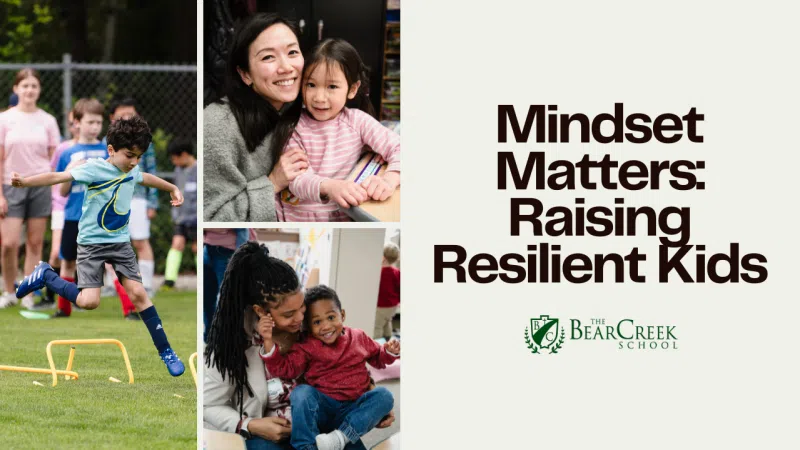The symptoms have become more familiar to me through the years of my mothering. It usually begins with a generalized malaise, followed by more intense indications. Not all of my children seem to experience this particular malady, but the ones who do have a dramatic reaction.
It’s called…
Choreitis.
The progression is usually the same. It starts with me Having.Had.Enough of the housekeeping in chaos. I holler up the stairs, muster the troops, begin to make assignments. But before we can even begin the attack on the trashed kitchen and the laundry mountains and the flotsam and jetsam debris of our supersize tribe, one or two of the kids are already showing symptoms.
Slight whining. Followed by minor resistance. Followed by major resistance. Followed by tears, stalling techniques, feigned confusion, and passive rebellion in the form of sloth-like movements.
Classic Choreitis.
Sound familiar?
I’ve developed a proprietary treatment plan over the years, one that you might find effective at your house with your Choreitis sufferers. While these methods will not, in fact, turn your chore-resisters into chore-lovers, you may find some level of immediate relief for the nerve itching, burning, fraying experience of dealing with someone with Choreitis.
Godspeed.
1. The Overwhelm is Real.
I’ve birthed some kids who seem to understand how to tackle a pile and make some sense of it. And I’ve birthed others who seem to have skipped downloading this skill app. My most Choreitis susceptible kids are the ones take a look at the chaos and see no way out. None. They can’t see the parts for the pile and they feel defeated before they start. I’ve found that if I can identify a part of the pile for them, they do better. For example, I’ll say, “Let’s find all the shoes that we can.” All the sudden we have a treasure hunt instead of a trash trap.
2. Get Specific.
“Go clean up” is one of the trigger allergens to sufferers of Choreitis. You might as well tell them to build a ladder to the moon out of cotton balls. While I would love to activate a simple and broad command and watch my kids swirl into organized and industrious activity, it’s finally staring to sink in that it just doesn’t work for several of them. While it feels rote, we all do better when I give a very specific chore with a very specific set of steps and expectations.
3. Motivation, Motivation, Motivation.
It’s simple psychology, friends. It’s to our benefit to raise kiddos who are activated to drive for the prize instead of evading the punishment. To stave off a raging case of Choreitis, try setting a timer with a prize of mini M&Ms (or carrots, for you crunchy mamas.) Make it a game, make it a team effort, make your kids feel like winners. It helps stave off future episodes of Choreistis.
4. Expect and Inspect.
I wish I was the person smart enough to have originally said this. And I wish I was the person smart enough to remember who actually did. But somewhere out there in the great world wide web, I read a quote that has really stuck with me: you can’t expect what you won’t inspect. Genius. And inspecting along the way is a very necessary component of Choreistis therapy. Make sure it’s been done correctly. Coach. Encourage. Check in every few minutes. It’s really discouraging for anyone, not just a Choreitis sufferer, to complete work on an area, only to then be told that it’s been done wrong or not up to snuff. Heck, that makes me have a raging case of Choreitis. Additionally, to work hard on something and then not have someone appreciate what you did is a bummer too. Make sure to have positive feedback, assistance, and celebration along the way.
Best wishes as you navigate this common complaint, that ailment known as Choreitis. You are not alone. I stand in solidarity with you as you rage against the tide of the entitled and raise a generation who knows how to empty a dishwasher.











